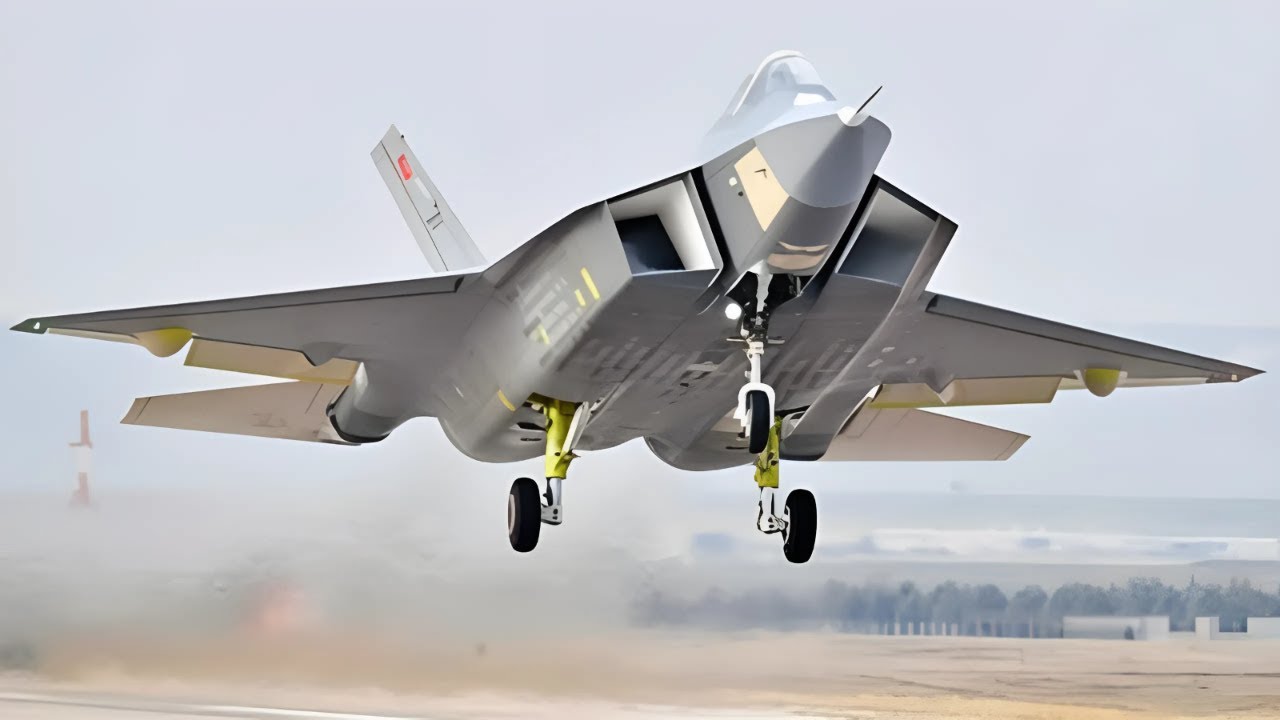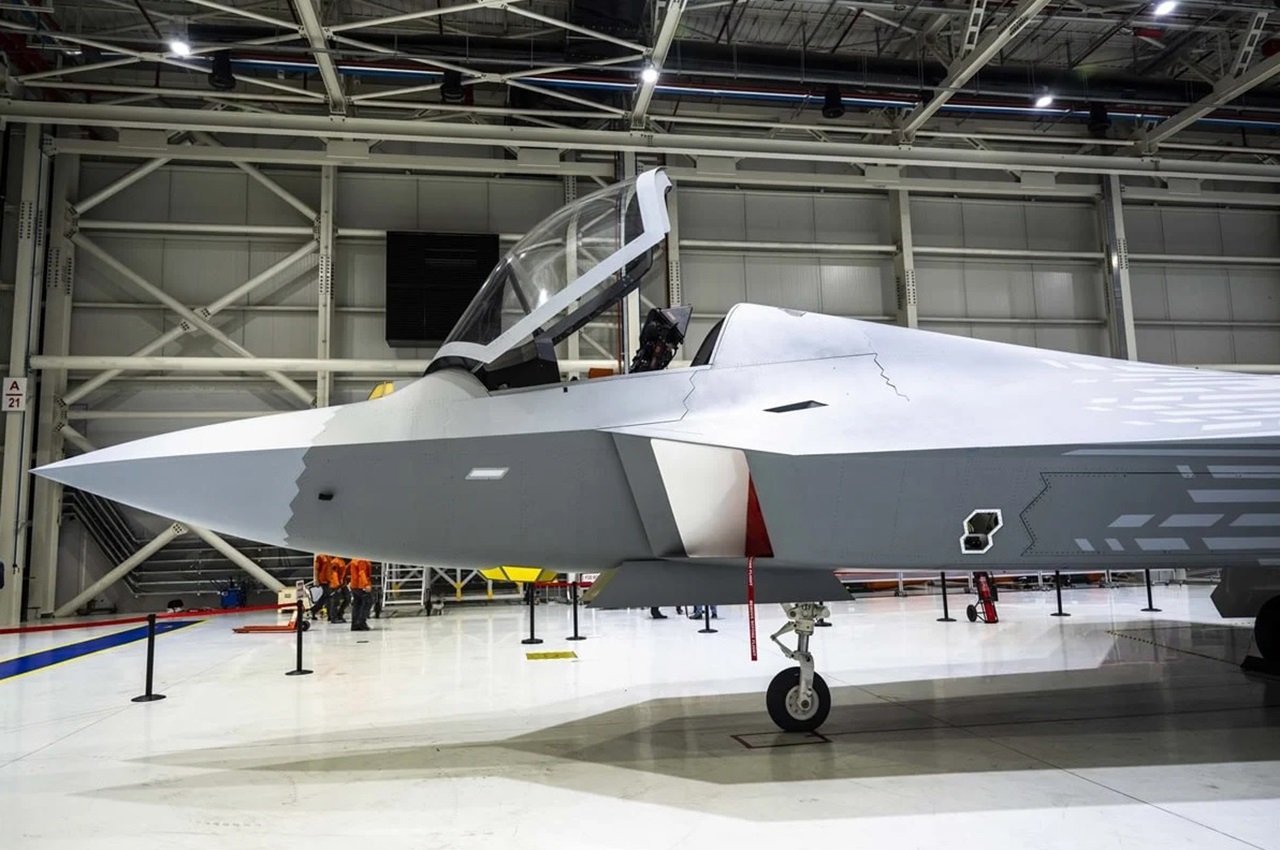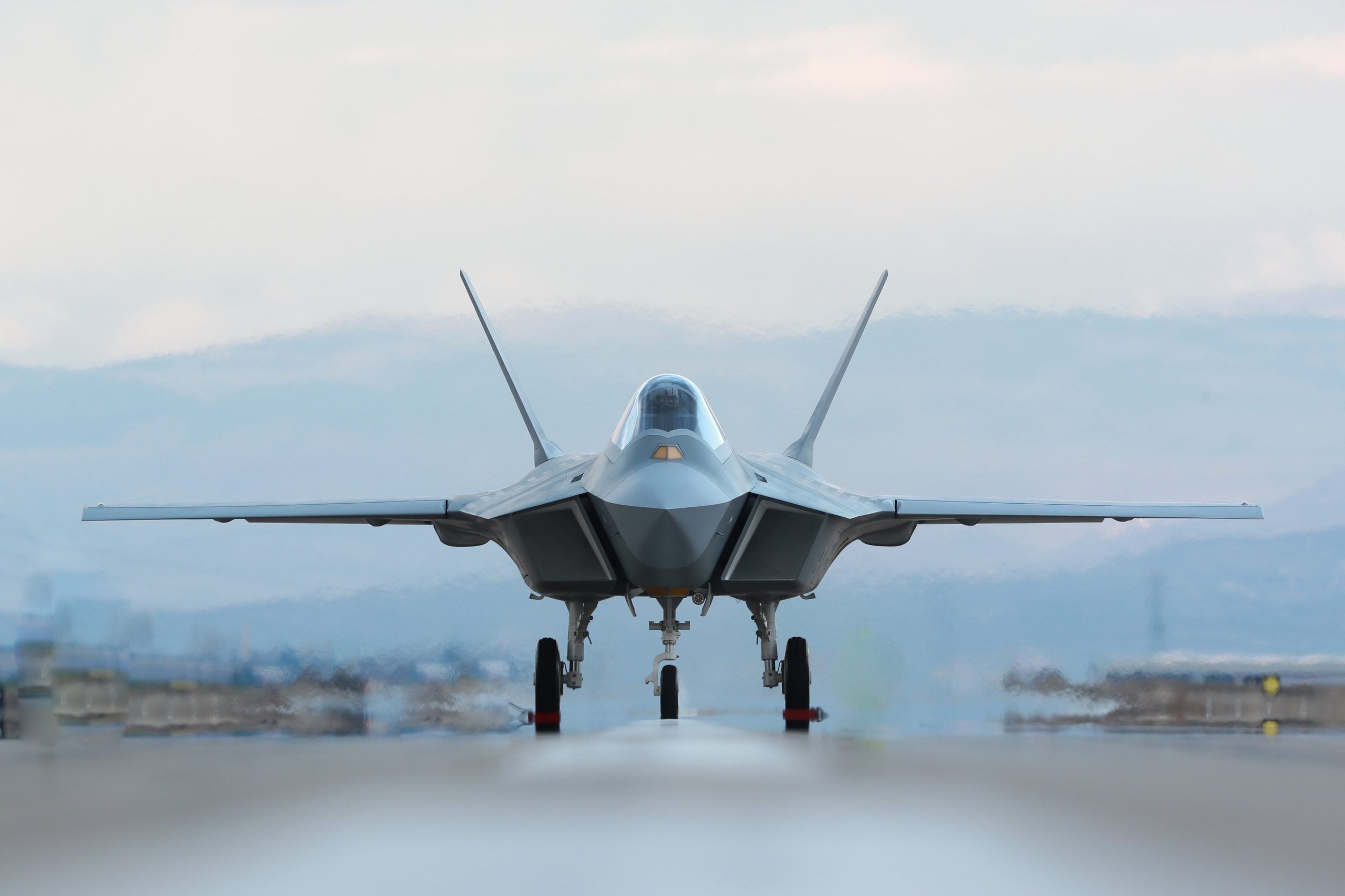Turkish Aerospace Industries (TAI) has announced plans for the development of a second prototype of the Kaan indigenous combat aircraft. According to recent articles in the company’s journal, the production of this second prototype, named P1, is on track and is expected to enter final assembly later this year. It is slated to be fitted onto its landing gear by 2025, with its maiden flight scheduled for later that same year.
TAI aims to manufacture a total of 29 Kaan prototypes, including the initial 20 pre-production standard aircraft. Deliveries to the Turkish Air Force are anticipated to commence in 2028. The first prototype, designated as P0, has already completed two flights—on February 21 and May 6. Initially, P0 was rapidly developed within nine months to serve various purposes, including demonstration to government officials and showcasing aircraft engine startups.

The adaptation of P0 for flight involved the integration of newly developed strengthening systems to handle anticipated flight loads. Additionally, rigorous structural checks were conducted to ensure the aircraft’s readiness.
Modifications such as the installation of a new canopy for bird-strike testing and thorough testing of the landing gear were also carried out. Despite a slight delay in its maiden flight due to minor deviations in the flight control system, the development process has progressed steadily.
The Kaan program boasts a significant level of indigenization, with 90% of the aircraft being domestically sourced. Over 100 Turkish companies are supporting the program, with 24 of the 30 subsystems utilized in P0 supplied by domestic entities. Efforts are ongoing to localize further parts currently sourced from foreign suppliers, showcasing Turkey’s commitment to self-sufficiency in aerospace technology.
In preparation for the production of pre-production aircraft forming Block 0, the system architectural design has been finalized. Engineers will focus on establishing test procedures in 2024, alongside commissioning two system integration laboratories. Critical design review meetings with subcontractors are scheduled for the second quarter of 2024, followed by reviews for Block 10 aircraft systems in the third quarter.
Additionally, work is progressing on qualifying materials for low-observability, wind-tunnel testing, and flight-control system testing. A software roadmap is being developed for both aircraft and ground systems to support Turkish Air Force service starting in 2028.

TAI is also enhancing its infrastructure at the Ankara campus to support development efforts, including facilities for lightning strike testing, near-field radar cross-section trials, and structural test and verification. Plans for a flying test laboratory utilizing a second-hand business jet are also in progress.
TAI officials are exploring cooperation opportunities with foreign companies to expand the Kaan program beyond Turkey. Agreements have already been made with Azerbaijan, and further collaboration is being pursued in coordination with the Presidency of Defense Industry Agency.
Looking ahead, TAI is already involved in the development of sixth-generation combat aircraft, although specific details about potential concepts have not yet been disclosed.

